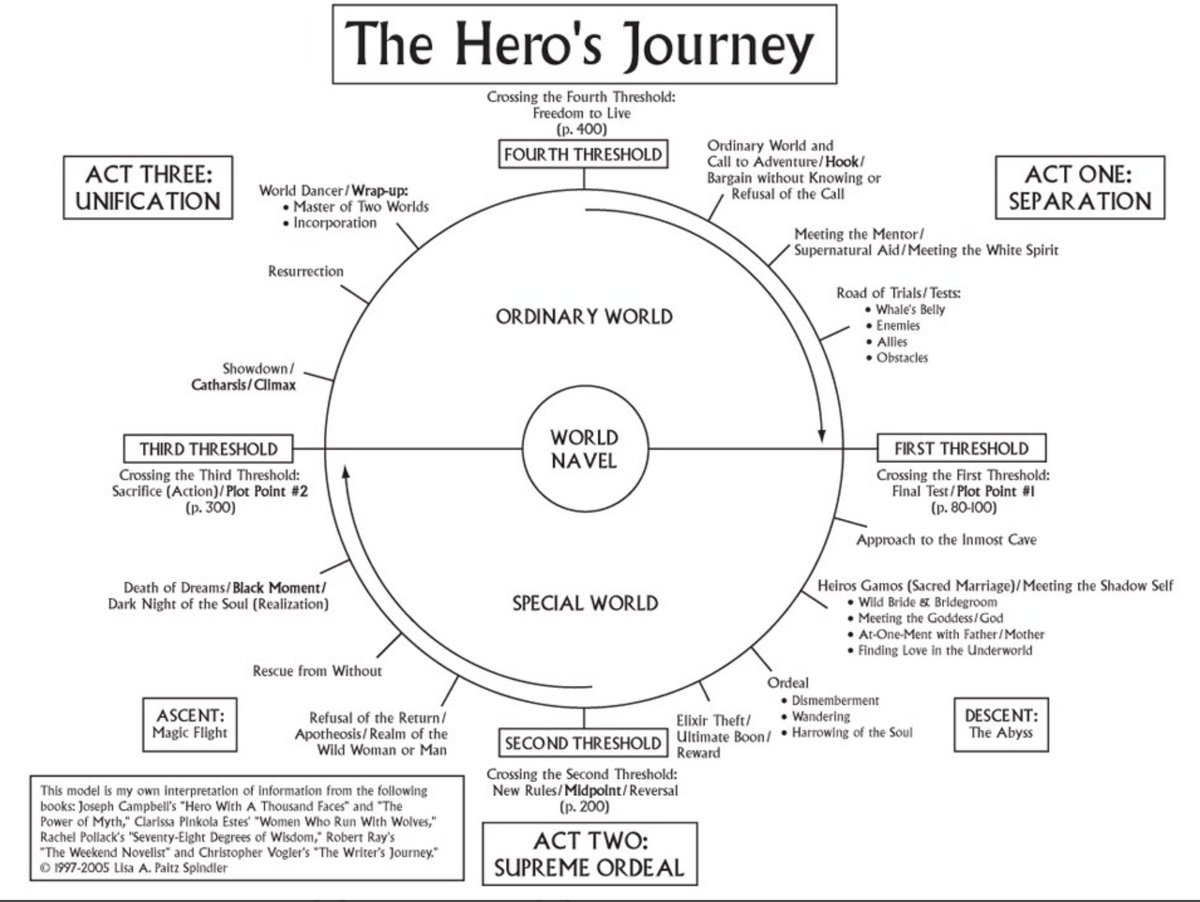
1/ When I was a teen, I was a professional magician (really) and I did several effects that were examples of 'mind reading' and other 'psychic' abilities. I had read several books about how to do "cold reads" of people by noting the person's age, sex, clothing, manner of speech,
https://twitter.com/minderfolden/status/1410795871877353479
2/ where they lived or went to school, etc. All of these were essentially based on high probability guesses that I would then watch the person's reaction for an indication if I was right or wrong and then go to the path of correct guesses that made the person actually believe I
3/ had psychic powers. I eventually became so disturbed by one common reaction that I stopped doing a few of the effects--even if I went out of my way to explain afterward (the people who volunteered were, I see now, a self-selected sample who shared a belief in psychic power)
4/ that all my 'insights' were merely guesses and that they too could learn about how to do 'cold reads' by reading such and such a book.
What disturbed me was--even with me telling them directly and truthfully that it was a gimmick they could also learn, they refused to
What disturbed me was--even with me telling them directly and truthfully that it was a gimmick they could also learn, they refused to
5/ believe me and kept insisting that I was wrong about my psychic powers or was simply lying to them because I saw something in their future which was bad and I didn't want to tell them the bad news.
Why is this important? Because it illustrates why so many of us cling to
Why is this important? Because it illustrates why so many of us cling to
6/ cherished beliefs like grim death, even when the very person who "convinced" us or was thought of as an example that fortified that belief was blunt and honest with us that their belief was, in fact, false.
We mustn't underestimate the power of the *desire* to believe
We mustn't underestimate the power of the *desire* to believe
7/ has on people. As Robert Wilson said “anybody can prove whatever they want to prove, at least to the satisfaction of those who want to believe them.”
I found that even when trying to correct an erroneous belief, factual evidence (such as the titles of the books I read on
I found that even when trying to correct an erroneous belief, factual evidence (such as the titles of the books I read on
8/ 'cold reads,' etc.) had little impact on dislodging the belief--even if it was reinforced by a magic trick that I disclosed was fake. psychologist George Kelly likened our beliefs to "reality goggles" and "a threat to our opinions cracks our goggles, leaving our vision
9/ blurred." He went on to say that we become especially hostile when trying to defend opinions that we know, deep down, are false. Rather than trying on a different pair of goggles, we become mental contortionists, twisting and turning until we find an angle of vision
10/ [that's consistent with our priors]" Learning this lesson is hard and I would suggest reading @AdamMGrant's book which I cover in this thread:
https://twitter.com/jposhaughnessy/status/1364339652770095105
• • •
Missing some Tweet in this thread? You can try to
force a refresh





